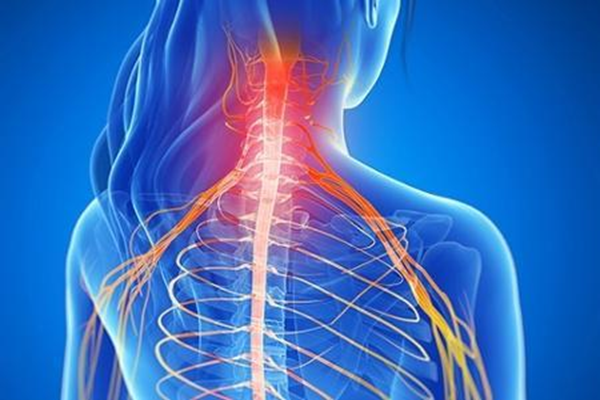Does Sativa or Indica Help Compressed and Pinched Nerves?

Dealing with the pain and discomfort of compressed or pinched nerves can be exhausting. This type of nerve impingement can lead to sharp, shooting pain, tingling, muscle weakness, and overall decreased quality of life. As more people seek alternative ways to manage pain, cannabis, especially sativa and indica strains, has entered the spotlight for its potential to provide relief. But how do these two main cannabis types differ in their impact on nerve pain?
Understanding sativa and indica: Key differences
Before diving into how sativa and indica strains can help with compressed and pinched nerves, let’s clarify what makes these cannabis types distinct:
- Sativa Strains
Typically known for their energizing effects, sativa strains often deliver a “head high” that can boost creativity, mood, and focus. Many people turn to sativas for daytime use since they may improve mental clarity and combat fatigue. Sativas tend to be higher in THC (tetrahydrocannabinol), which is the psychoactive compound responsible for cannabis’s euphoric effects. - Indica Strains
Indicas, on the other hand, are known for their calming, relaxing, and sometimes sedative effects. Often providing a “body high,” indica strains can ease tension and promote physical relaxation. Indicas are popular for evening use, especially for those who have trouble sleeping or experience muscle pain and spasms.
Can sativa help compressed and pinched nerves?
For individuals with compressed or pinched nerves, sativa strains may offer several benefits:
- Pain Relief with Focus
Some people find that sativa strains help reduce nerve pain without heavily sedating them. The uplifting effects can also boost mood and energy levels, which is especially valuable for those who want to remain active despite their discomfort. - Anti-Inflammatory Effects
Many sativa strains contain terpenes like limonene and pinene, which are thought to have anti-inflammatory properties. Since inflammation is often a contributing factor in nerve impingement, reducing it may alleviate some symptoms. - Enhanced Productivity
Chronic pain can be mentally exhausting. The uplifting properties of sativas can give a mental edge, reducing stress and enhancing focus, which can be helpful when living with chronic pain.
When is indica the right choice?
While sativa strains are known for their energizing properties, indicas may be the better option for those seeking relief from compressed or pinched nerves. Here’s why:
- Muscle Relaxation and Sedation
One of the hallmark benefits of indica strains is their ability to relax the body. For those experiencing muscle spasms, tension, or severe pain related to nerve issues, the calming properties of indica can be invaluable. The deep relaxation it provides may reduce pressure on the nerves and promote recovery. - Sleep Support
Poor sleep often accompanies chronic pain. Indicas’ sedative effects can help you fall asleep faster and achieve deeper rest, which is essential for healing and pain management. - Body-Centric Pain Relief
Indica strains often provide more pronounced physical relief than sativas. They may numb nerve pain, reduce inflammation, and promote a state of calm. Terpenes like myrcene (known for its sedative qualities) are prevalent in many indica strains and may further enhance their effectiveness for nerve pain.
Choosing the right strain for you
So, which is better for compressed and pinched nerves: sativa or indica? The answer depends on your specific needs and symptoms:
- If you need daytime relief and want to stay mentally alert, a sativa-dominant strain may be ideal for providing pain relief while allowing you to maintain focus and energy.
- If you struggle with sleep or intense pain in the evenings, an indica strain may be more effective for its sedative and deeply relaxing properties.
Many patients with nerve pain also opt for hybrid strains, which combine properties of both sativa and indica. Hybrids can offer a tailored experience, balancing pain relief and relaxation with a mild uplift. Remember, it’s essential to consult with a medical professional or a knowledgeable cannabis advisor to find the strain and dosage that work best for you.
Final Thoughts
Whether you lean toward sativa or indica, cannabis may provide significant relief for compressed and pinched nerve symptoms. By understanding your body’s specific needs and experimenting with different strains, you can find a path to comfort that enhances your quality of life. With proper guidance, cannabis can serve as a natural, effective option for those battling the challenges of nerve pain.


